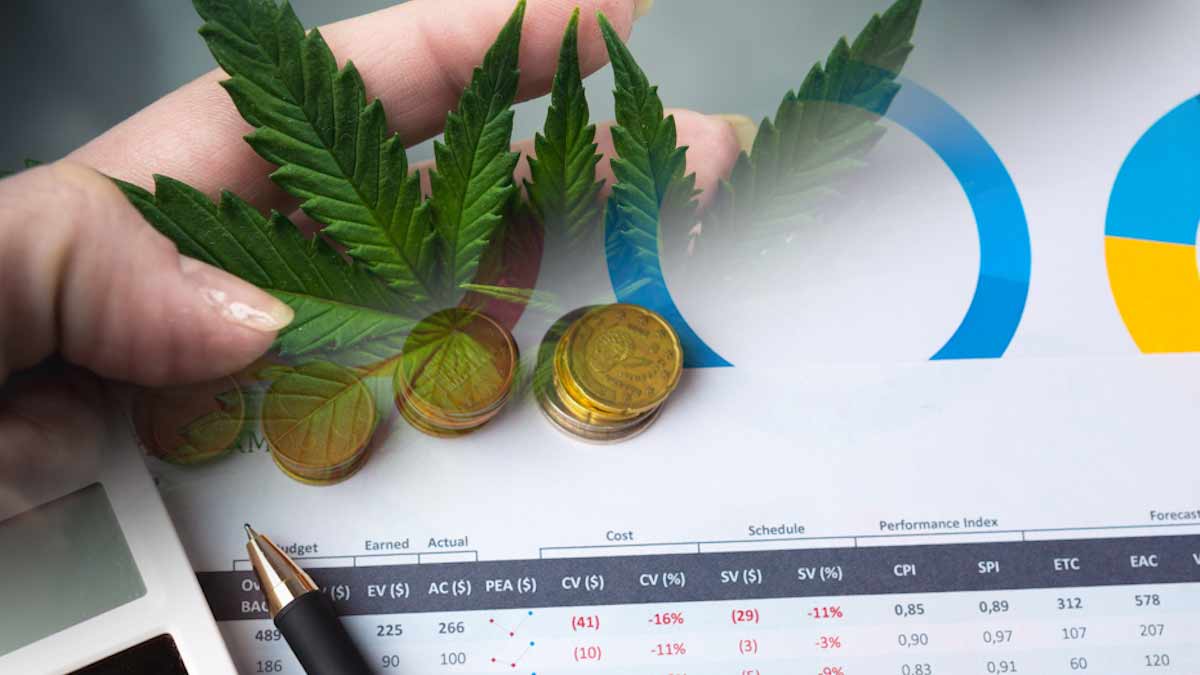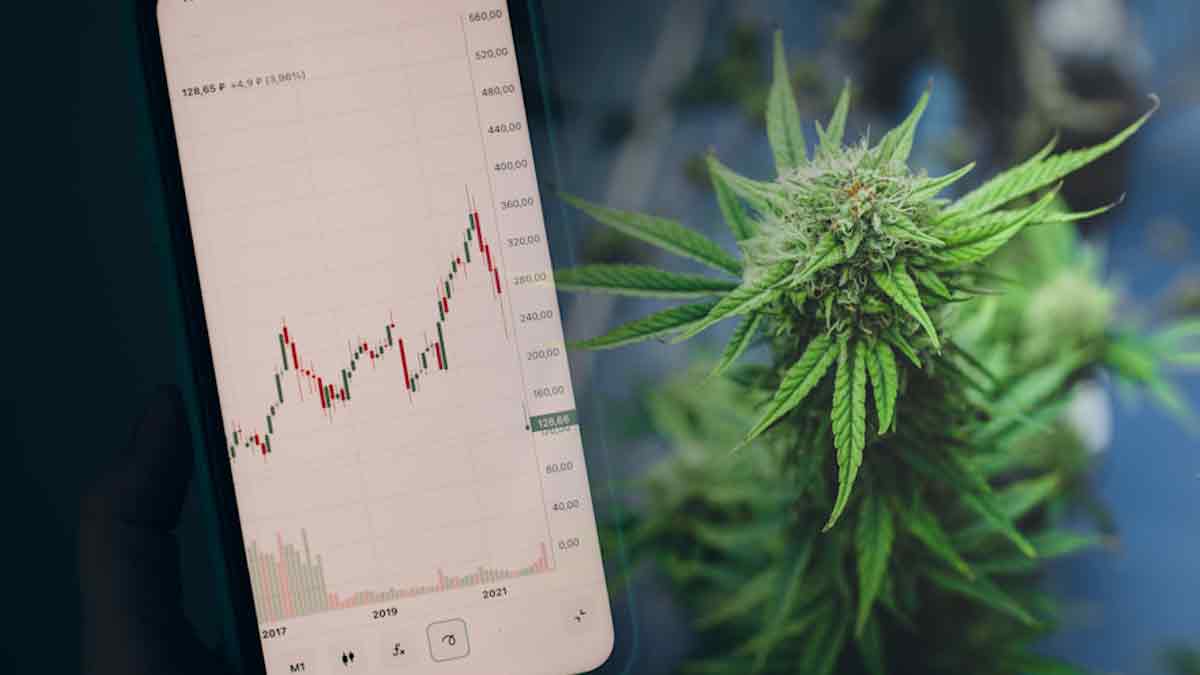At least one-third of the Power Five conference schools are not punishing athletes as harshly as they were 10 years ago for testing positive for marijuana and other so-called recreational drugs, according to an investigation by The Associated Press.
The NCAA last year cut in half the penalty for athletes who fail screenings for substances like marijuana at its championship events and its chief medical officer is pushing for college sports’ governing body to get out of the business of testing for rec drugs altogether.
Of the 57 schools, 23 since 2005 have either reduced penalties or allowed an athlete to test positive more times before being suspended or dismissed.
At Oregon, an athlete doesn’t lose playing time until a third failed test; at Oregon State, a third failed test used to mean dismissal, but athletes are now given one more chance.
The Big Ten and Big 12 are the only Power Five conferences that do their own testing in addition to the testing done by the schools and NCAA. The Big 12 is the only conference that screens for recreational drugs, but it does not sanction athletes who test positive.
While schools come down hard on athletes caught using performance-enhancing drugs – a first positive test typically results in a one-year suspension – they are much less punitive for marijuana and other so-called street drugs.
Athletes who test positive a first time typically receive counseling but lose no playing time. Athletes who come forward and acknowledge drug use before they are tested are offered help under “Safe harbor” programs.
“You give me three weeks with a team and, if you’ve got five guys, I could get three or four of them.” Former Nebraska defensive end Randy Gregory failed a marijuana test at the NFL scouting combine last February and later publicly acknowledged his use in college.
Nebraska, under a policy effective since September 2014, suspends an athlete for 10 percent of his or her sport’s season after a second failed drug test and 20 percent after a third failed test.
“Sometimes guys get lucky. The Big Ten comes in, we’re testing steroids, might be a guy on steroids but he may say, ‘You know what, I don’t think I’ll be one of the 12 guys that they’re testing out of the 100-and-how-many guys we have on the team.’ And they’ll get lucky and not get tested. It’s kind of hit or miss, I think.” The NCAA has been testing for marijuana and other street drugs at championship events since the 1980s. The NCAA suspends athletes for a full season for a failed PED test.
“I really believe that they require two different approaches. One is more nuanced, and one is hardcore.” What about marijuana being against the law in most states? “If we’re going to test at championship events for things that are illegal, then we shouldn’t just test for pot,” Hainline said.
“If there are any kids under the age of 18 smoking cigarettes, we should test for that. We certainly should be testing for alcohol for everyone under the age of 21. Then we ask ourselves, ‘Where does the moral authority stop?’ I’m all for moral authority as long as there is a philosophical consistency to it.”
MAPH Enterprises, LLC | (305) 414-0128 | 1501 Venera Ave, Coral Gables, FL 33146 | new@marijuanastocks.com










